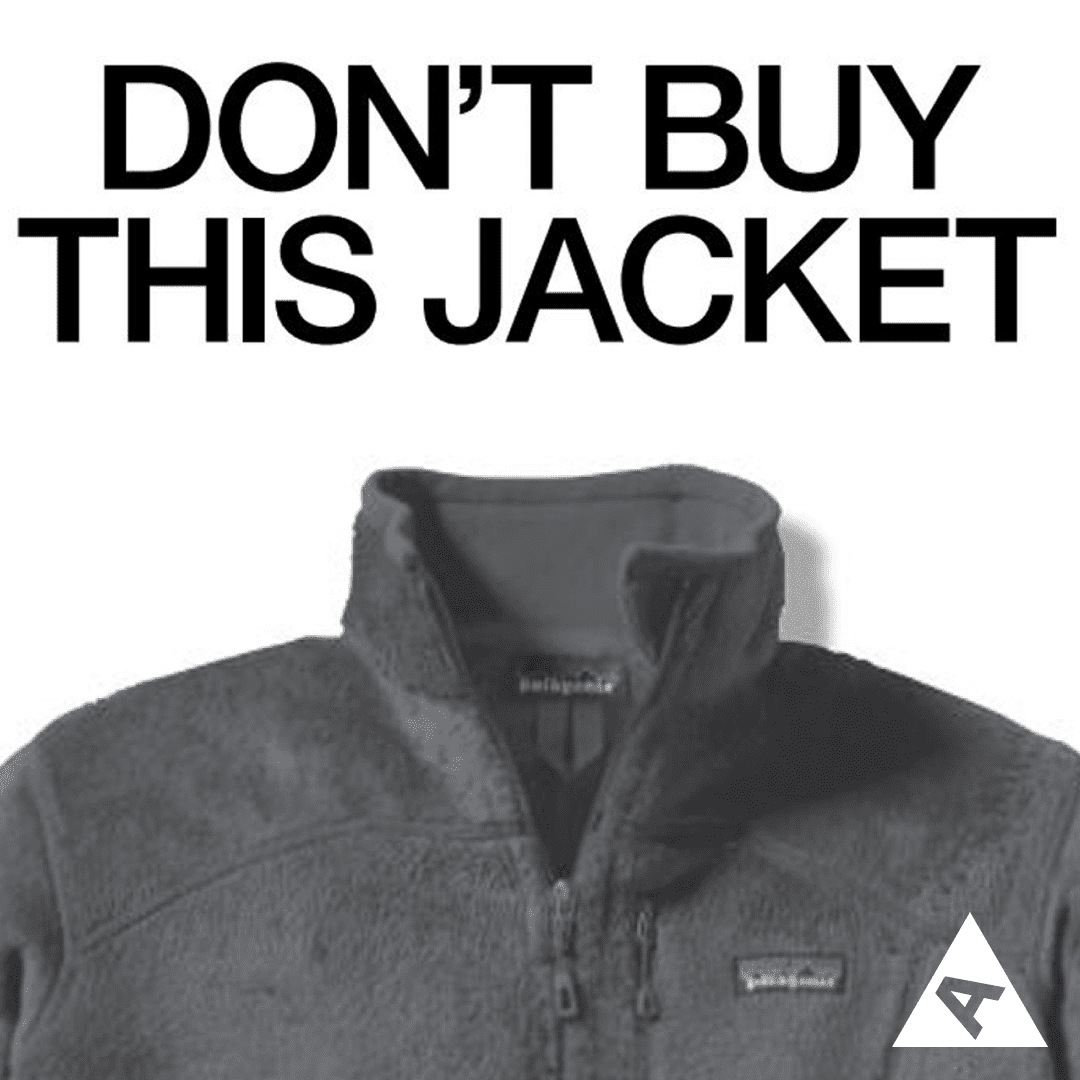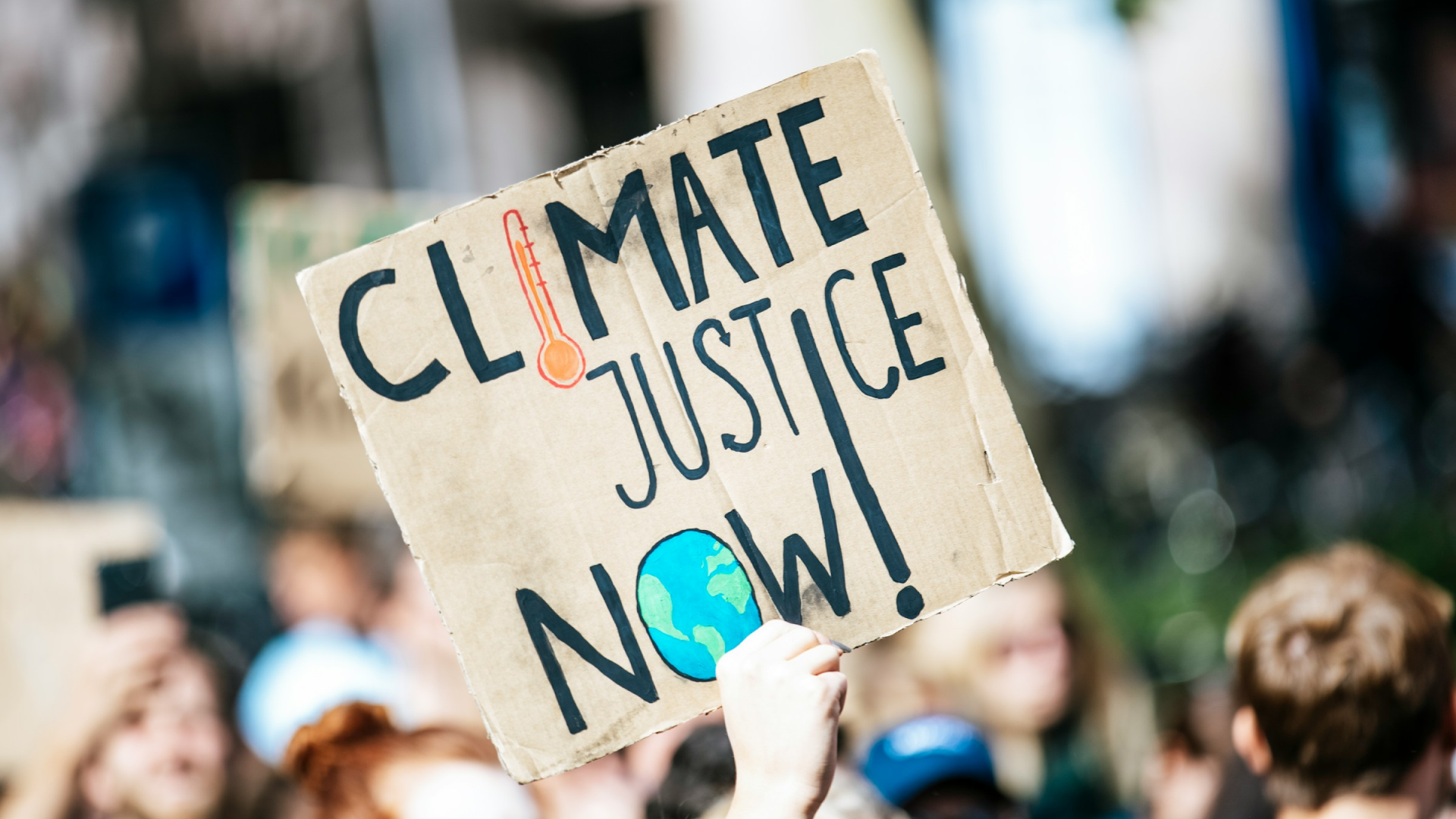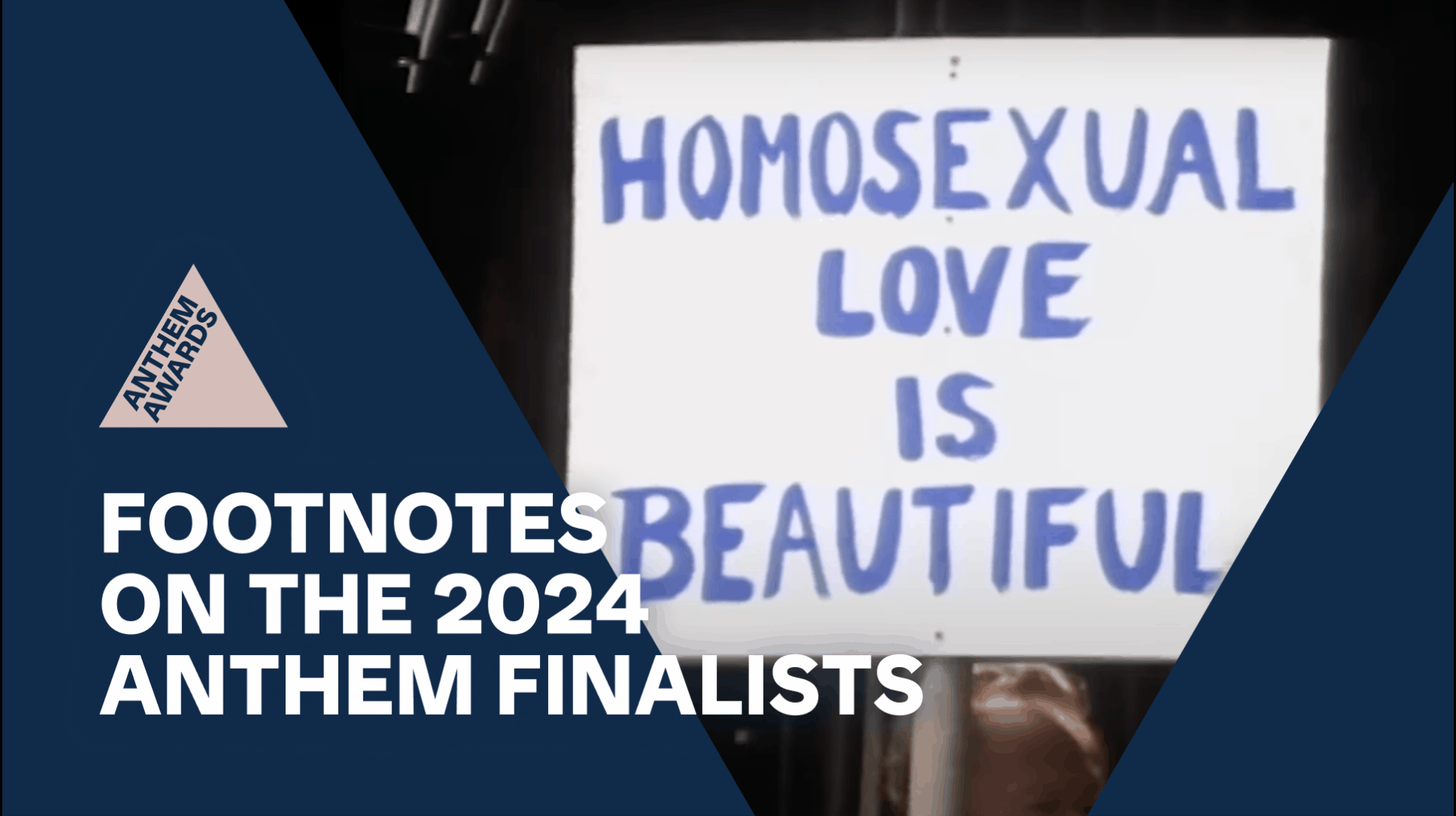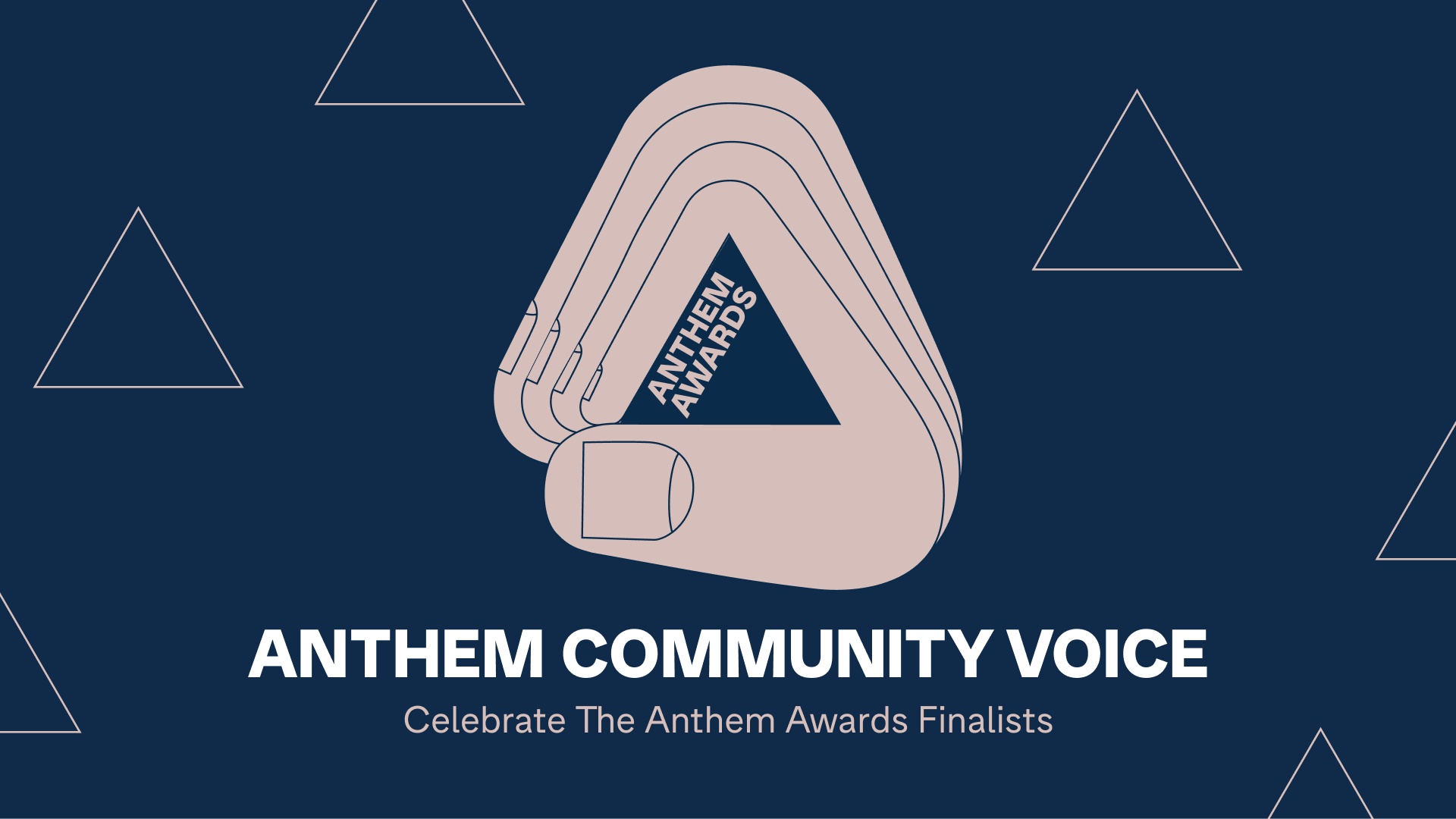The Accountability Era
On the new standards Gen Z set for brands to be a positive force for change
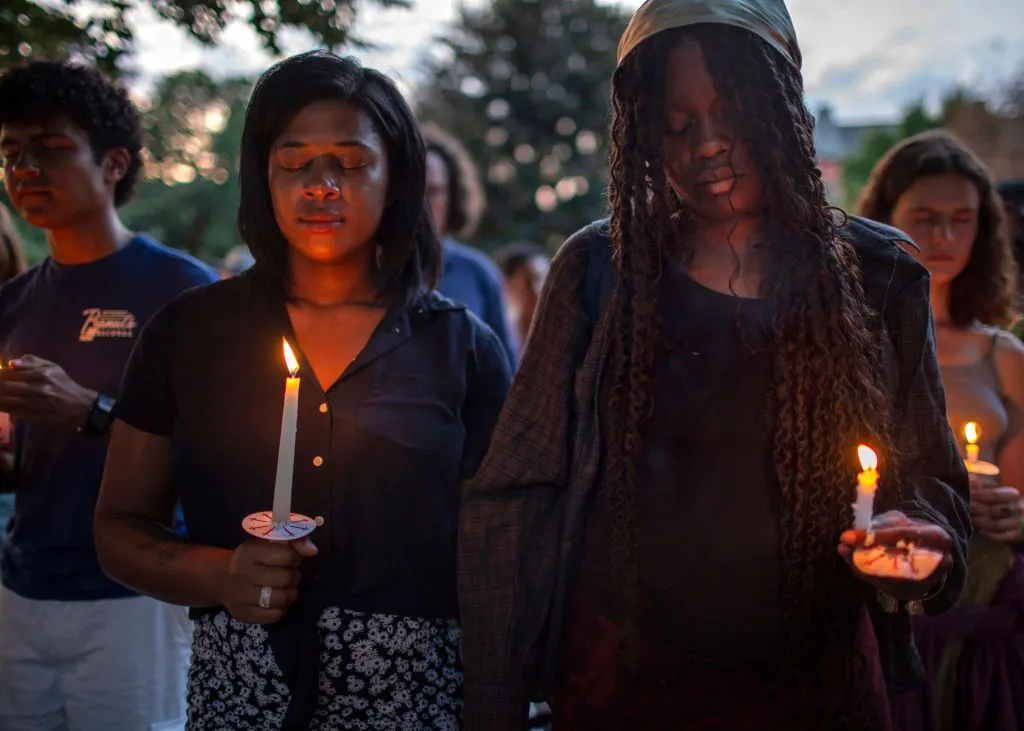
Gone are the days of operating in a vacuum. The Y2K era gave way to the age of information, which galvanized social issues from #metoo to #timesup and #blacklivesmatter. Gen Z is the first generation to learn about everything as it happened.
Coming of age in tandem with the social progress witnessed in the 2000s made social awareness the norm. The discourse was in classrooms and on everyone’s feeds. From climate uncertainty to ideological polarization, having direct exposure to these social movements helped define our personal values.
In an era of consumerism where you are what you buy, young people only want to engage with brands that stand for social good. The understanding is that we all have the power to do good but the responsibility to do it for each other.
New Gen Expectation: Brands as a Positive Force
The recent report by DoSomething, “What Gen Z Wants: Brands & Social Impact,” revealed a gap in how accountable young consumers believe brands have been in recent years.
After surveying nearly 1,200 young people aged 13-25 and over 100 brands, the report found that 58% of brand leads believe their company meets social responsibility expectations, but only 15% of Gen Z agree.
With social and environmental responsibility as a core principle, Gen Z respects brands that align with their purposeful values. Not only should a brand uphold similar ethics, but the ethos should also be authentic to the company’s identity.
For younger generations, it’s essential to reflect purpose-centric practices in business operations—but in a way that organically fits with the company’s core identity. If a brand struggles with finding an organic fit, its team should listen to its younger audience to inform the CSR efforts.
“Consider first, what your brand considers its community,” as reported by DoSomething. “Whether that’s the neighborhood of the employee headquarters or an online group of ambassadors, ask them what they want.”
This isn’t just a marketing strategy; it’s a call for accountability. Brands can no longer operate in isolation. To make the cut for Gen Z, businesses need to be aware of their socio-environmental footprint and how they can minimize harm.
Perfection is not the goal when trying to center purpose in a brand, either. Rather, the goal is to minimize harm and be a positive force.
On Achieving Authenticity
While a business can be good in myriad ways, it doesn’t have to be a guessing game with consumers. Younger generations are ready to lead teams along the way. DoSomething reported that while 42% of brand leads said youth were included in the development of their CSR initiatives, 13% of young people agreed.
Listening to younger audiences is crucial to address this disparity. When youth voices are heard, it can inform companies of the steps they can take to be more conscious. By first understanding the issues their young audiences are passionate about, they can explore avenues to effectively get involved.
It’s important to note that Gen Z can recognize when a cause feels inauthentic to a brand’s mission and goals. The approach has to be intentional and the execution made transparent. From their supply chain to the production process, companies should analyze how each phase of their business can be better for their team and the environment.
Ultimately, young people are just looking for allies to take collective action with. It’s community involvement with grassroots social organizations. It’s listening to the causes they’re advocating for without bias.
“… institution and organization-building requires the discipline to advance a collective strategy,” wrote Maurice Mitchell, national director at Working Families Party and Anthem Judge. “That often means sublimating your impulse or ego for the greater good and leveraging your personal capacities for collective goals.”
It’s embracing activism beyond a buzzword—simply as the new normal of the better future younger activists are building.
The Anthem Awards is thrilled to partner with the pioneering feminist publication Ms. Magazine to champion the power of youth involvement on democracy. Co-founded with 2023 Anthem Lifetime Achievement Recipient Gloria Steinem, Ms. has been the leading voice at the forefront of feminist journalism since 1972.
Explore our three-part editorial series to learn more about the leading causes mobilizing young people nationwide.
And don’t forget—public support for the Anthem Community Voice Awards is open until next Thursday, Oct. 31st! This is your chance to support your favorite 2024 Anthem Finalists, who represent some of the most inspiring impact projects of the year. Celebrate them today at celebrate.anthemawards.com


